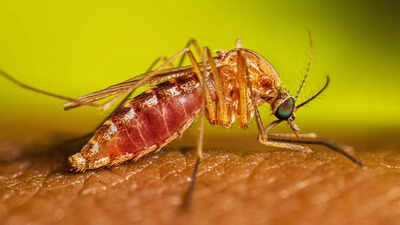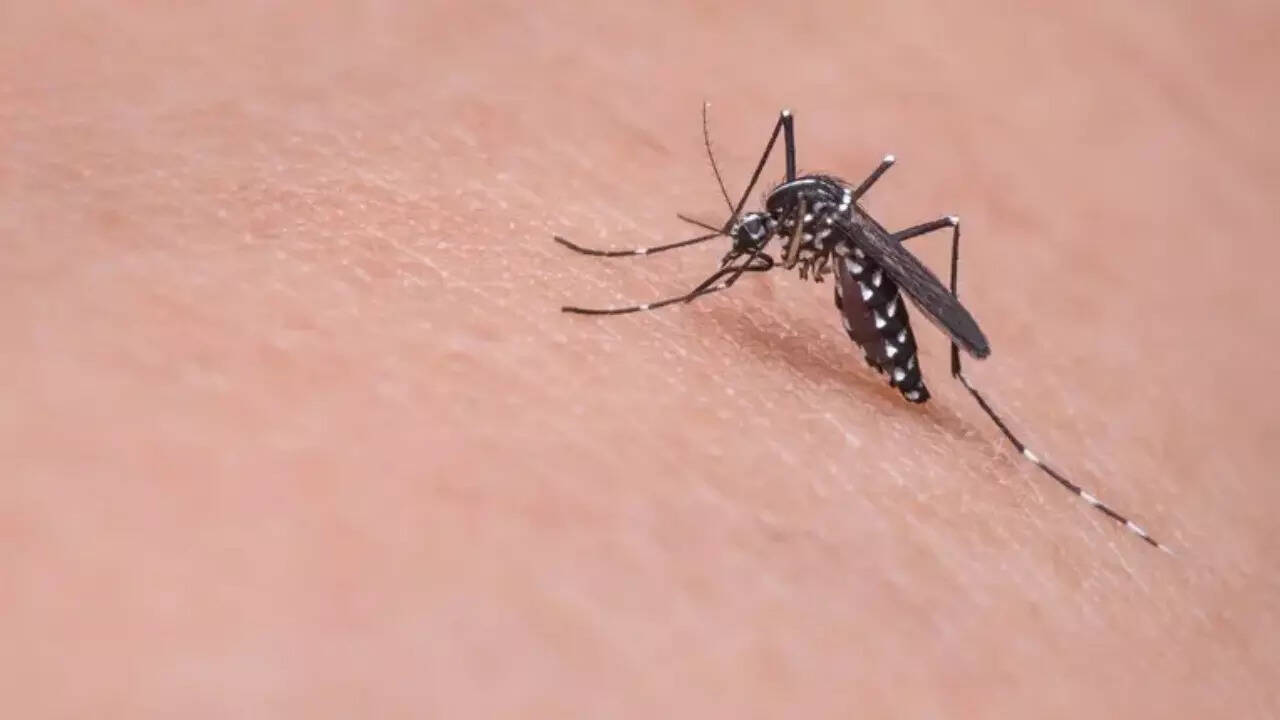ARTICLE AD BOX

New York City has reported its first human West Nile virus cases of 2025, highlighting the seasonal health risk posed by mosquitoes. Two residents of Queens have been diagnosed, one with West Nile fever, now discharged, and another hospitalized with neuroinvasive disease affecting the brain.
Since July, the virus has been detected in mosquito pools across all five boroughs. As summer gives way to fall, public health officials urge vigilance.
What happened?
On August 22, the New York City Health Department confirmed the first human West Nile virus cases of the season, both residents of Queens. One patient, diagnosed with West Nile fever, was briefly hospitalized and has since recovered. The second patient is suffering from West Nile neuroinvasive disease, specifically encephalitis, a serious brain infection, and remains hospitalized.Additionally, the virus was found in two blood donations, one from Brooklyn and one from Staten Island, but after follow-up, neither donor met the criteria to be a confirmed case. Health officials are also investigating two more possible cases in Brooklyn.What’s concerning is that the virus has been detected in mosquito pools across all five boroughs since July, which is typical during the city’s West Nile season, from May through October, with a peak in August and September.
What is West Nile Virus?
West Nile virus is a single-stranded RNA virus responsible for West Nile fever. It belongs to the Flaviviridae family, under the Flavivirus genus, which also includes Zika, dengue, and yellow fever viruses. The main transmission route is through mosquitoes, particularly those of the Culex species.The virus was first discovered in Uganda’s West Nile district in 1937. Since then, it has spread across the world, affecting regions in Africa, Europe, the Middle East, Asia, Australia, and North America.

How does WNV spread?
West Nile virus (WNV) is primarily spread to humans through the bite of an infected mosquito. Mosquitoes become infected when they feed on birds that carry the virus. Humans, horses, and other mammals can then contract WNV from the bite of an infected mosquito.Culex mosquitoes are the main way the West Nile virus spreads. They get the virus by biting infected birds, like crows and jays, which carry a lot of the virus in their blood.
When an infected mosquito bites a person or animal, it can pass the virus through its saliva.Most people get West Nile virus from mosquito bites, but it can also spread through blood transfusions, organ transplants, or from mother to child during pregnancy, birth, or breastfeeding. Rarely, it has spread in labs or among some reptiles.However, West Nile virus is not spread through casual contact with infected individuals or through the air.
Moreover, mammals like humans are "dead‑end hosts" because they typically don’t carry enough virus in their blood to facilitate further mosquito infection.West Nile virus is most often spread between July and October, when warm, humid weather helps mosquitoes and birds thrive.
Early symptoms: What to watch for
While most people infected with WNV remain symptom-free (around 80%), about 20% develop West Nile fever, a short-lived, flu-like illness. Key symptoms include:Fever and chillsSevere headacheBody aches and fatigueRashNausea or vomitingJoint painThese symptoms typically appear 2 to 14 days after infection, though incubation can be longer in immunocompromised individuals.
Severe illness: Less common but a serious health hazard
Less than 1% of infected people develop neuroinvasive West Nile disease. This severe form can result in:Meningitis: fever, stiff neck, headacheEncephalitis: altered mental state, seizures, tremorsAcute flaccid paralysis or comaMuscle weakness or difficulty breathing, possibly requiring hospitalization
Who is at risk?
Although most people infected with West Nile virus remain asymptomatic (~80%), around 20% experience West Nile fever – flu‑like symptoms including fever, headache, fatigue, and sometimes rash.
Less than 1% develop neuroinvasive disease (meningitis or encephalitis), marked by high fever, neck stiffness, confusion, tremors, or paralysis – conditions that can be fatal in about 10% of these cases.Individuals over 60, organ transplant recipients, and those with weakened immune systems or certain chronic (comorbid) conditions like diabetes, high blood pressure, or kidney disease are at higher risk of severe West Nile virus illness.
While anyone can be bitten by an infected mosquito, these groups are more likely to experience serious complications if infected.
Additionally, people with weakened immune systems, due to conditions like HIV/AIDS, cancer, or undergoing chemotherapy, are more susceptible to severe illness. Individuals who have received organ transplants are at increased risk due to the immunosuppressant medications they take to prevent organ rejection.While not a direct risk factor for acquiring the virus, pregnant women and breastfeeding mothers should be cautious and consult with their doctor if they experience symptoms.
Precautions and safety tips
To prevent West Nile virus (WNV) infection, the most important precaution is to minimize mosquito bites. This involves using insect repellent, wearing protective clothing, and reducing mosquito breeding sites. Additionally, limiting outdoor activities during peak mosquito hours (dusk and dawn) and ensuring proper screening of windows and doors can help reduce exposure.Department of Public Health and the CDC recommend:Avoid peak mosquito activity: Be cautious at dusk and dawn, when Culex mosquitoes are most active.Use EPA‑registered insect repellents: DEET, picaridin, IR3535, or oil of lemon eucalyptus are recommended.Dress smart: When outdoors, especially during peak mosquito hours, wear long sleeves, long pants, and a hat to cover as much skin as possible.Eliminate standing water weekly: Dump water from flowerpots, gutters, and water bowls, as mosquitoes need only a bottlecap’s water to breed.Maintain screens and doors: Install and repair screens on windows and doors to keep mosquitoes out.Use mosquito netting: If you are sleeping outdoors or in an unscreened area, use mosquito netting to prevent bites.Be informed and report: Stay updated on local alerts and report stagnant water or dead birds to county health officials.Be aware of travel risks: If traveling to an area with known WNV activity, take extra precautions and consult with your doctor about necessary preventative measures.
Monkeypox virus: New Yorkers get monkeypox vaccine as cases rise



.png)
.png)
.png)
















 6 hours ago
3
6 hours ago
3










 English (US) ·
English (US) ·